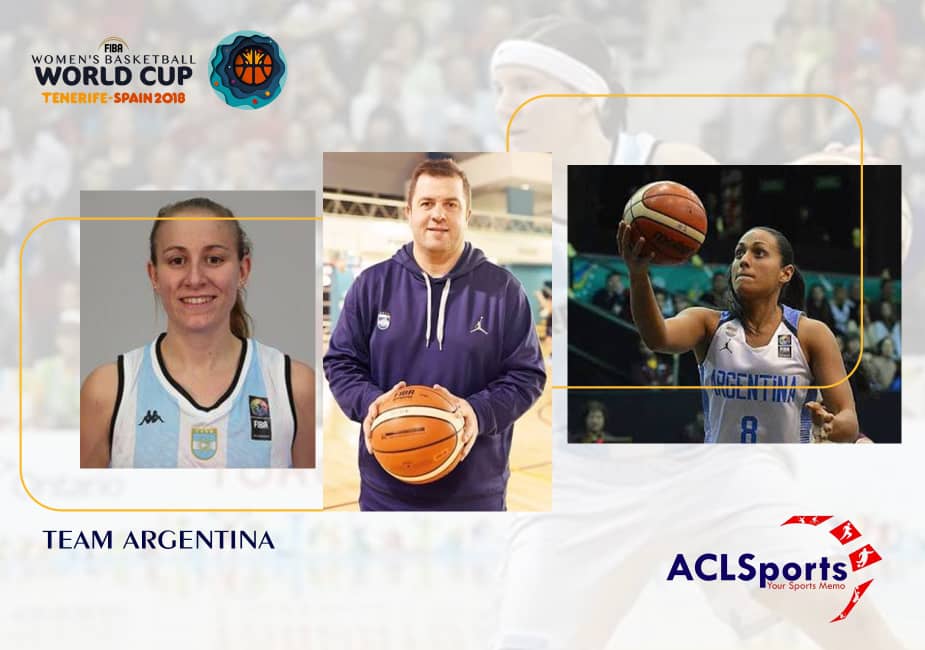Las Gigantes (the Giantesses) are making their return to the global stage for the first time since their 14th place finish at the 2010 edition in the Czech Republic.
Missing out on the last edition should however not make the Argentinians overlooked because their road back to the FIBA Women’s World Cup was prosecuted in style and only ended in a near-miss.
Three spots were up for grabs at the 2017 FIBA Women’s Americup—three spots at this year’s World Cup in Spain. Argentina, who hosted the competition, played great basketball and breezed through the group phase with comfortable wins over Virgin Islands (80-48), Venezuela (79-59), Colombia (70-47) and Brazil (68-49), outscoring their opponents in the group phase by a combined 94 points!
The knockout phase would prove to be way more difficult than the group phase as they barely beat Puerto Rico 48-44 in the semifinals before losing a hard-fought final game to pre-tournament favorites Canada 67-65.
It may have been a heartbreaking end for the Argentinian ladies led by coach Cristian Santander at the continental showpiece, but making it to the World Cup was more than enough consolation for the nation on one hand, and the apparent emergence of Melisa Gretter as the star of the team for the future on the other hand.
25-year-old Gretter has never represented Argentina at the World Cup or Olympic Games but has shone brilliantly at Under-17 and Under-19 levels, and in Spain, the hopes of her country will rest on her shoulders.
Gretter powered Argentina’s futile attempt at a comeback in the continental final, leading all scorers with a dominant 23-point output and for the tournament, she finished with the second most points in the entire tournament and shot an outstanding 42% from deep.
Other team leaders such as Andrea Boquete, Agostina Burani, Macarena Rosset and Debora Gonzalez are all present and this core are likely to continue carrying the main threat alongside Gretter.
Argentina’s best performance at the World Cup is a sixth place finish at the very first edition of the tournament way back in 1953 in Chile and they have yet to make an appearance at the Olympic Games, but their current 15th position on the FIBA World Ranking perhaps suggests the massive improvement they have made in the last few years.
Winning the World Cup in Spain may be a far-fetched dream for Argentina, but getting out of the group phase should be considered a great achievement.
Written by Ayotunde Onabolu. Twitter @AyotundeOnabolu









